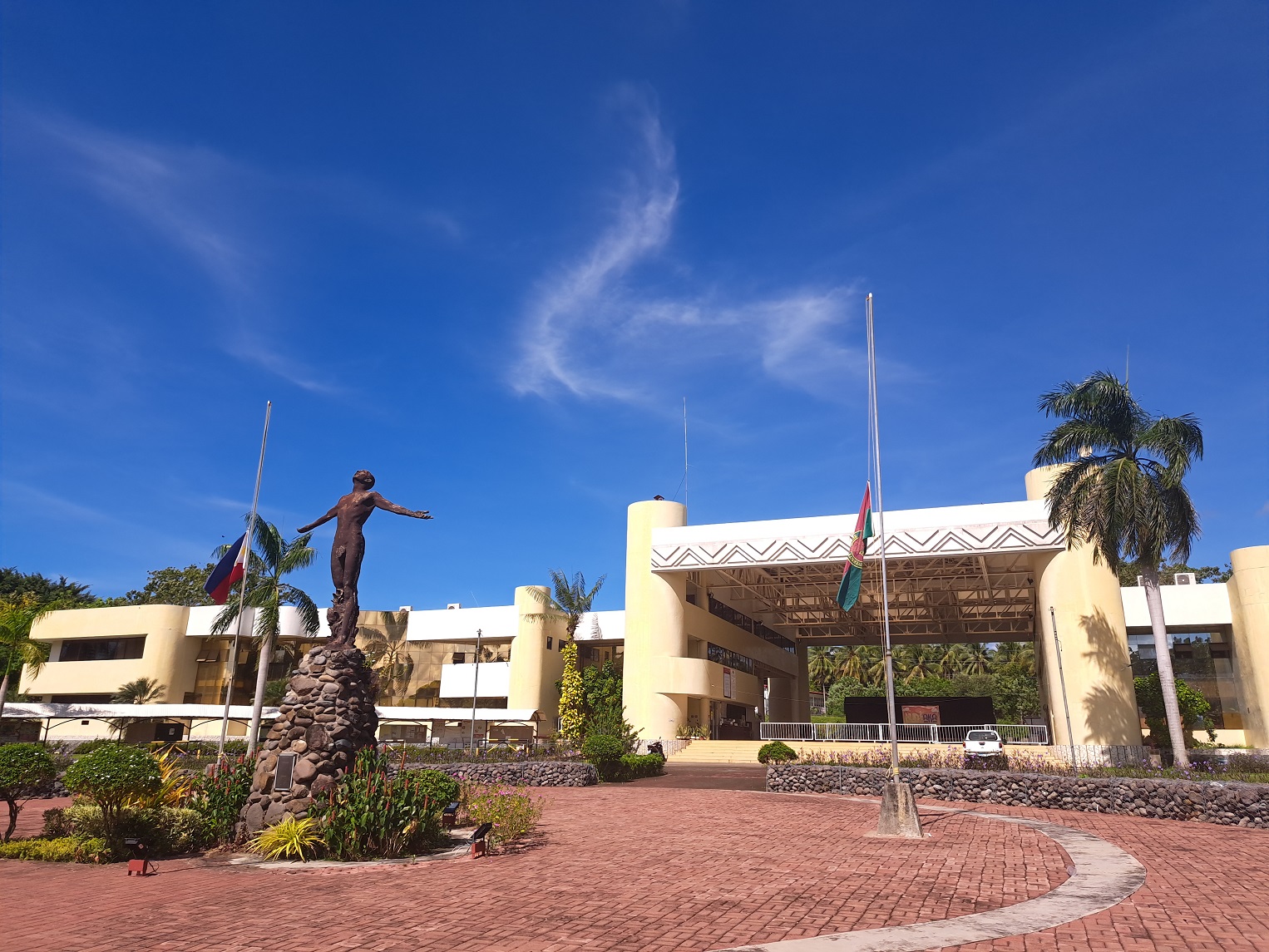
University of the Philippines – Mindanao (UPMin) facade. | PHOTO: Official website of UPMin / upmin.edu.ph
Starting next year, the University of the Philippines (UP) Mindanao will significantly upgrade its academic programs to help address regional and national needs, and update its admissions policies in alignment with the push by UP President Angelo Jimenez to ensure more equitable access to high-quality, state-subsidized tertiary education.
These initiatives, explained Jimenez, are “in response to the growing local demand for skilled human resources and to help address the urgent social and development concerns here in Mindanao.”
For Academic Year (AY) 2025-2026, UP Mindanao will introduce programs in Doctor of Medicine (MD), becoming the first state university in Davao City that will offer the MD program. The Bangsamoro Autonomous Region in Muslim Mindanao (BARMM) is among the regions with the lowest doctor-to-population ratios in the Philippines.
UP Mindanao will also launch new programs in Civil Engineering, Associate in Entrepreneurship, and two inaugural Master of Science (MS) offerings. The MS in Quantitative Methods & Modelling will also be rolled out to help address industry requirements for upskilling the knowledge and skills of graduates in BS Applied Mathematics and BS Computer Science.
A new MS Biology graduate program will open in AY 2024-2025, with four specialty tracks adopted from the Institute of Biology in UP Diliman. In the same year, the new Associate in Entrepreneurship under the School of Management hopes to enhance the culture of innovation and the local start-up ecosystem to potentially drive Mindanao’s “new economy” and generate more jobs.
The launch of these new programs will kick off the R2-5K (“Road to 5,000 Students”) agenda of UP Mindanao, which aims to comprehensively improve the academic program of the campus, while increasing enrolment significantly from the current 1,400 students to 5,000 by the year 2029.
“UP has a mandate of public service, so here in Mindanao, we hope to build local capacities and expertise in order to have the greatest impact on long-term development,” said Jimenez.
Jimenez also emphasized the importance of inclusivity in admissions to help support applicants limited by geographic and socieconomic conditions, saying, “There is a need to update the current admissions system to ensure that Filipinos, especially the most marginalized, have greater access to quality education.”
The number of testing centers administering the UP College Admission Test (UPCAT) will increase from 102 in 2023 to 113 this 2024, with the goal of establishing an UPCAT Test Center in all provinces by 2025. UP will also accept manually accomplished application forms in areas with limited Internet access.
Jimenez lauded Chancellor Lyre Anni Murao and the rest of the UP Mindanao community for their commitment to national progress and development through transformative education initiatives, guided by the university’s motto of “Honor and Excellence in the Service of the Nation.”